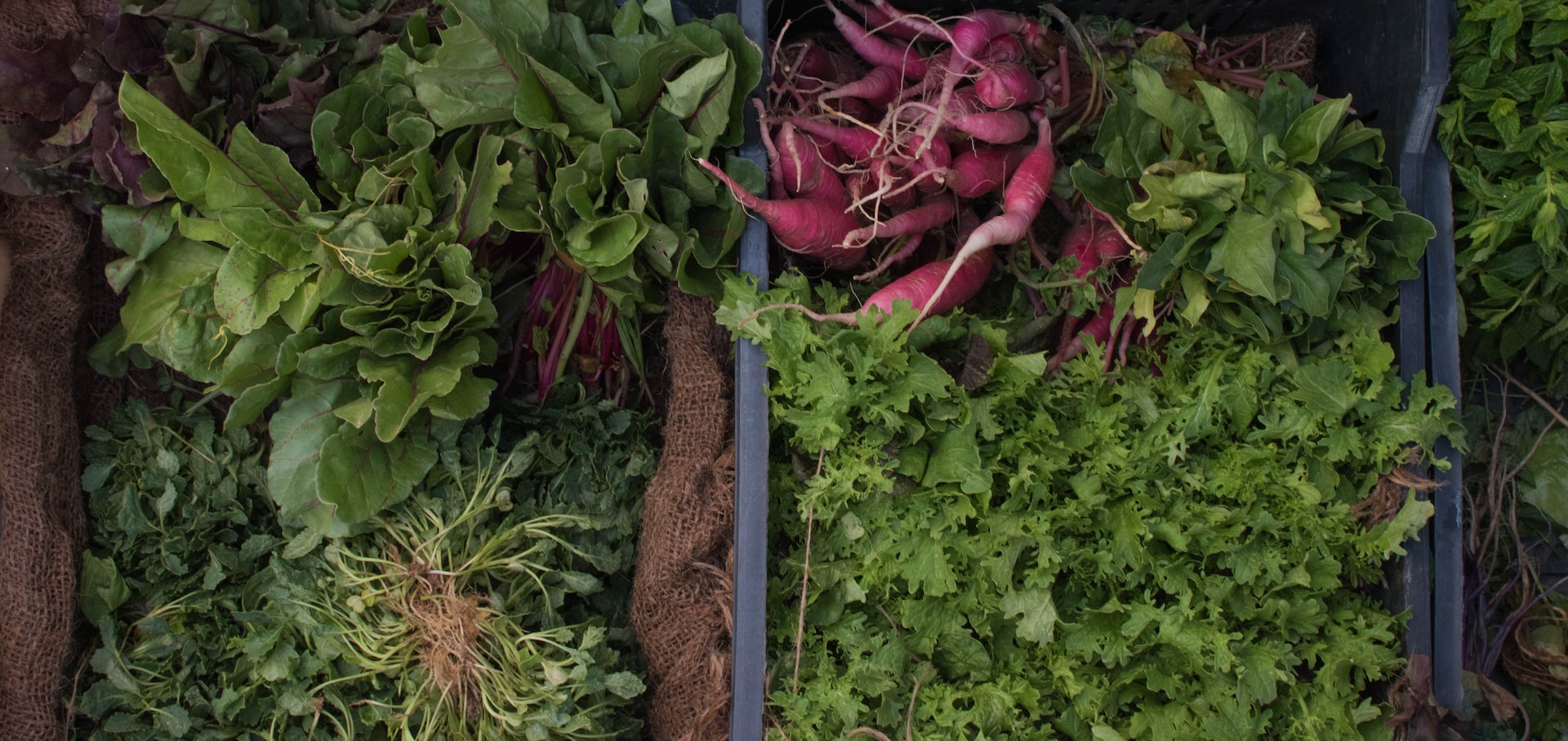Today, hydroponic gardening is rapidly gaining popularity as a sustainable method to grow vegetables and fruits at home, without soil. This system relies heavily on providing the right nutrients to ensure that your plants thrive. One of the keys to a successful hydroponic garden is understanding these nutrients and their role in plant growth. Let’s explore the 10 essential nutrients for thriving hydroponic vegetables.
Nitrogen (N)
Nitrogen is like the lifeblood for your plants. It is essential in the process of photosynthesis and promotes healthy leaf growth. Its deficiency leads to yellowing leaves and a general reduction in plant vigor. To keep your plants green, healthy, and growing, feed them with a balanced hydroponic nutrient solution containing Nitrogen. For more detailed information on managing nutrient levels, check out Bright Lane Gardens.
Potassium (K)
Potassium plays a vital role in opening and closing stomata (pores) on the plant leaves, which aids in water retention and photosynthesis. It also enhances the overall plant’s immunity. Follow the instructions on your nutrient solution to provide the right level of Potassium to your plants. Remember, imbalance can lead to nutrient burn or deficiency symptoms.
Calcium (Ca)
Calcium assists in cell growth and division, ensuring that your plants are sturdy and resilient. Calcium deficiency is often marked by distorted growth and darkened leaves. Check your water pH and maintain a balance in your hydroponic solution to ensure your plants get enough Calcium. For a detailed overview of this subject, refer to Atlas Scientific.
Phosphorus (P)
Phosphorus is crucial for aiding root development and flowering in your plants. If your plants seem stunted or have purple leaves, you might have a Phosphorus issue. Use a hydroponic nutrient solution with balanced Phosphorus content to ensure appropriate levels.
Magnesium (Mg)
Magnesium contributes significantly to chlorophyll production, a crucial compound for photosynthesis. Lack of it can lead to yellow leaves with green veins. It can be replenished using Epsom salts or a standard hydroponic nutrient solution.
Sulfur (S)
Sulfur is necessary for the formation of essential plant proteins and amino acids. Sulfur deficiency can lead to light green leaves and stunted growth. Supplement your plants with a balanced hydroponic nutrient solution that includes ample Sulfur. For more tips on this, feel free to check out Hydro Pros.
Iron (Fe)
Iron, like Magnesium, plays a crucial role in chlorophyll production. Symptoms of Iron deficiency include yellowing leaves with green veins. Treatment typically involves adding chelated Iron to your hydroponic solution.
Zinc (Zn)
Zinc aids in enzyme function and is essential for protein synthesis and growth regulation. Zinc deficiency can lead to stunted growth. You can manage this by ensuring that your hydroponic nutrient solution contains Zinc.
Copper (Cu)
All parts of your plants need Copper for various metabolic activities. It helps in lignin synthesis and acts as an enzyme activator. A lack of it can lead to slow growth. So, ensure your hydroponic nutrient solution always contains enough Copper.
Molybdenum (Mo)
Molybdenum is essential because it helps plants utilize Nitrogen effectively. Remember, a balanced nutrient solution is key to avoiding any Mo deficiency. Include a hydroponic nutrient solution that contains Molybdenum in your care routine for your plants.
So, that’s the rundown of the 10 essential nutrients for thriving hydroponic vegetables. Always remember, while these nutrients are necessary, maintaining a balance is crucial. Excess amounts can damage your plants just as much as a lack. It’s all about finding the perfect balance suitable to your plants’ needs. Happy hydroponic gardening!

